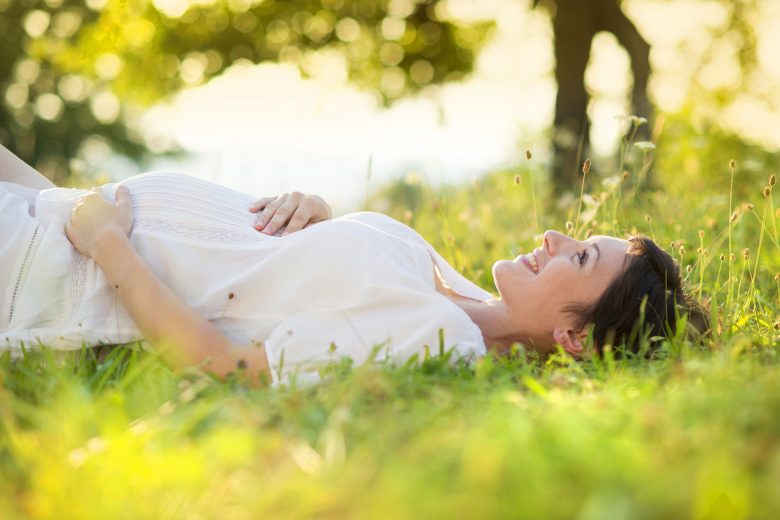Gone are the days of motherhood being possible for only younger women. While the likelihood of getting pregnant naturally significantly decreases as women enter their late 30s and 40s, it is still possible — though very unlikely. However, this does not mean these women have missed the opportunity to have a family of their own. Through assisted reproductive technologies (ART) like donor egg IVF, women in their 40s can give themselves the incredible chance to become a mother.
Natural Methods Could Involve Complications
Entering the world of parenting is a major decision for all involved. When hopeful parents struggle with conceiving through natural methods, that goal may seem far out of reach. The fact is a woman becomes less fertile as she ages and it is important to understand the complications involved when trying to conceive naturally.
- Egg quality: No matter how healthy or “in shape” a woman over 40 may be, the bottom line is her eggs have aged, as well. Older eggs have a higher risk of producing chromosomal defects.
- Egg quantity: Women are born with a certain number of eggs in her ovaries. These eggs are “in pause” until they are released through monthly cycles. Because of this natural process, women over 40 have a limited number of eggs that could potentially result in a complication-free pregnancy.
- Low hormone levels: A woman in her 40’s is typically nearing the peri-menopausal stage, which is when hormone levels begin to decline. These hormones are required for a successful pregnancy.
This may bring a sense of inadequacy and discouragement to women attempting to get pregnant; however, thanks to advances in assisted reproductive technologies such as donor egg IVF, it is entirely possible and likely that a woman over 40 can conceive a child.
Frozen Donor Eggs
Historically, fresh donor eggs were considered the best chance for a couple wishing to start a family through IVF. Now, the cryogenic technology of vitrifying eggs has advanced so far that frozen donor eggs have similar success rates.
Additional benefits of using frozen eggs versus fresh eggs are:
- Cost: Frozen donor eggs are less expensive than fresh.
- Timing: Because frozen eggs are readily available, women do not have to go through the cycle synchronization process required with fresh.
- Donor pool: With fresh eggs, the donor pool is limited to a small regional selection. With frozen eggs, the donor pool can expand to a wide national selection.
By electing to use frozen donor eggs, women over 40 and their partners are creating the best opportunity to experience a healthy pregnancy. Once the decision is made to use donor eggs, the couple will select a donor from an egg bank’s database. It is up to the couple to select a donor whom they feel is the best match for them and their selection may be based on any number of characteristics such as eye color, hair color, education level, personal interests, height, and so on. Once a donor is chosen, the IVF process may begin.
Age Is Just A Number
With current advances in assisted reproductive technology, age is becoming ‘just a number.’ It is possible for a woman in her 40’s to become pregnant, experience the beauty of pregnancy, and celebrate the joys of motherhood through donor egg IVF. While the initial process to get pregnant is different than more natural means, you will experience the same emotions and milestones as any other mother. When you finally get to hold your bundle of joy, you will experience what every mother feels gazing down at her newborn — overwhelming love.









